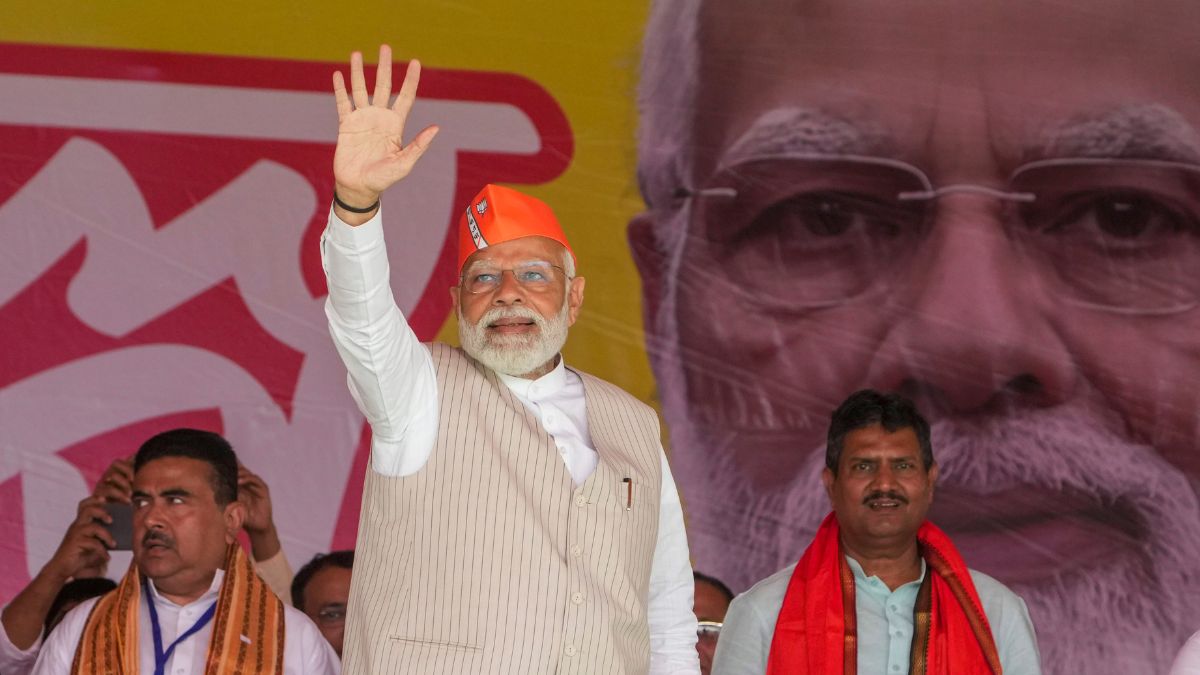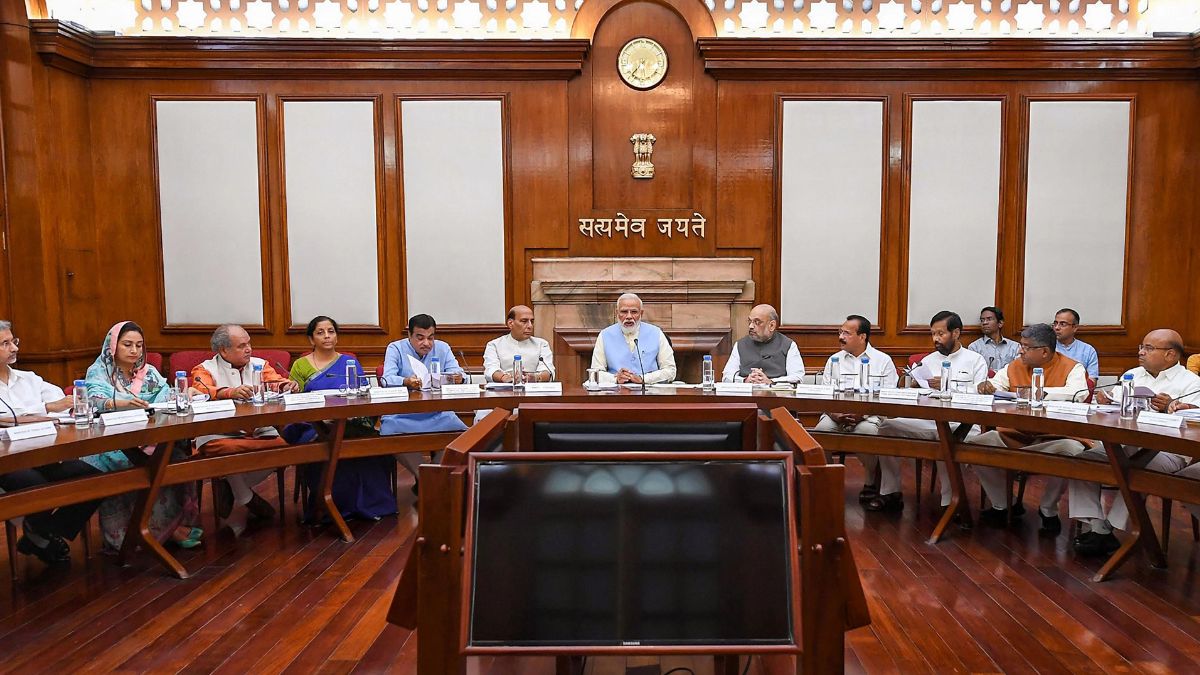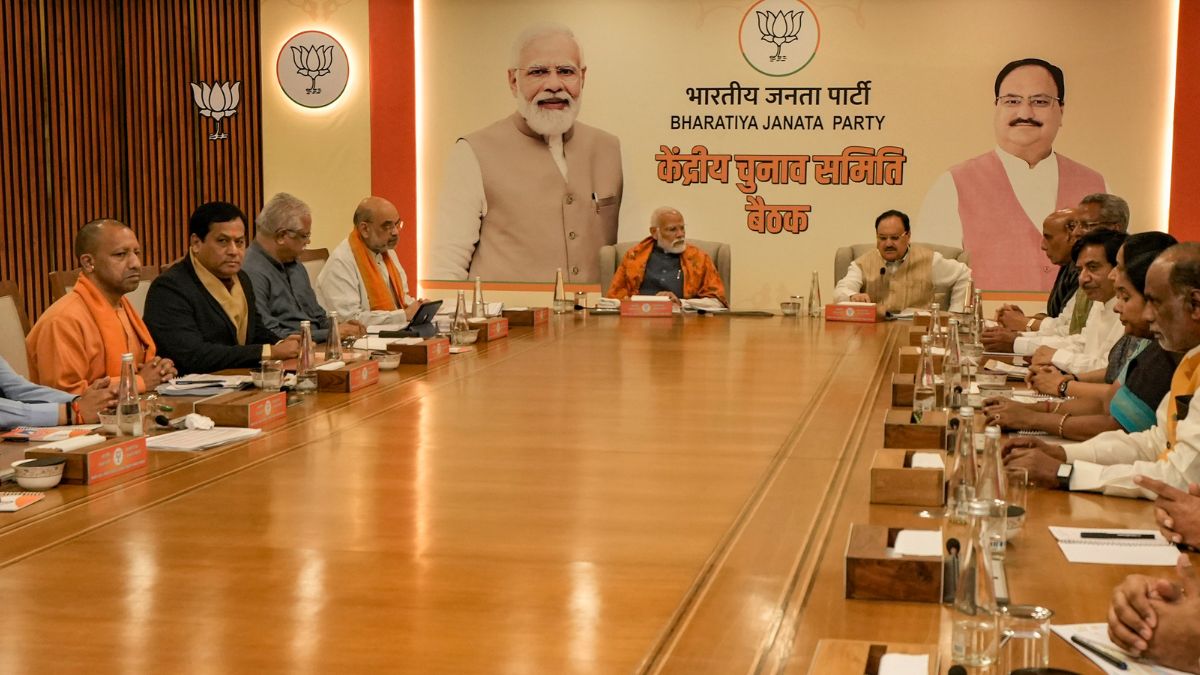The current debate about the death penalty boils down to a simple moral question about natural justice: does a killer have greater rights than the people he kills? A priori, one would have to say that no, killers do not have greater rights than their victims.
But the establishment toils mightily to reframe the question in other ways, and natural justice suffers in the process. Natural justice, or the right to a fair trial, implies there is no real or imputed bias on the part of the judges. In other words, the judicial system ought to produce a judgment that the proverbial impartial Martian (or a computer) would. And that is the presumption behind the statement that justice is blind, and the typical depiction of Justice, blindfolded, holding a scale.
The reality, though, is that real judges are human, and can be swayed by extraneous factors such as tear jerker sob-stories, media pressure, blandishments and threats, public opinion, and midnight circuses. All of these were in evidence in the case of Yakub Memon recently. So there is clearly an element of subjectivity in any trial, and the outpouring of alleged Leftie grief whenever a minority community member is on trial is intended to be a signal to both judges and the minority constituency.
Just as many Left-leaning people ask, “What would Gandhi do?”, we need to ask the question, “What would a computer say, solely based on evidence and precedent?” That is not even a theoretical question any more, as machine intelligence has reached a stage where a mechanical assistant can help a judge by dispassionately considering the facts and precedents. There is the IBM programme Watson that is now being used in trials as a medical assistant: the days are not far off when similar technology should be available to judges, and that could be a benchmark.
Watson can also explain how it arrived at its conclusion. Watson would be unable to countenance any emotional issues, being a machine. And it is illogical, even irrational emotional outbursts that form the basis of the case against the death penalty.
Stories of the noble suffering of death-row inmates can be heart-breaking. In a junior college decades ago, we studied a wonderful one-act play ‘The Valiant’. It quotes the stirring lines from Shakespeare, “Cowards may die many times before their deaths, the valiant never taste of death but once”. The protagonist is a death-row inmate, and his narrative is that he intends to die without letting his long-estranged mother and sister know that he is indeed their son and brother.
It made such an impression on me – and indeed, it will on you – that I still remember it vividly although I have never read it again in decades. But I can now see some nuances in the story: the convict was apparently innocent, as he was framed; and he endeavours to ‘gift’ his insurance money to his mother and sister. We, as the readers can see that, despite his attempts to hide it, these are indeed his relatives. But then the question arises, why did he estrange himself from them in the first place? That was cruelty, too. So it’s difficult to accept his nobility without question, and anyway that shouldn’t be the criterion for the death penalty. Where is the possibly even more touching stories of his victim(s)?
Similarly, in the classic science-fiction film ‘Blade Runner’, the cyborg/replicant delivers a poignant soliloquy, quite possibly the best monologue in all of science fiction. It moves you to tears, but then he’s a cold-blooded killer on the loose, and has murdered a number of people, whatever his rationale; the fact that he’s about to die, and that he has just saved his tormenter, the cyborg-hunter, from certain death, should not be reason enough to deter the death penalty if he were tried.
So far as I can tell, there are three reasons why Indian Lefties are anti-death-penalty: (1) Fashion, because this is what Western Lefties are now espousing; (2) Discrimination, because in the US, blacks are far more likely to be sentenced to death than whites; and (3) anti-Modi tirade. This is yet another way for them to say, “We hate Modi”.
The first reason is that being anti-death-penalty is quite the latest cool, trendy thing among Western liberals. But why Indian Lefties ape this is beyond me, considering that they generally despise the West and particularly America. They always take the side of China and the Muslim world against America. So why ape what they say in America?
In fact, it would make much more sense if they were to pay attention to the current practice in countries that they admire, namely China and the Arab world, in particular, Saudi Arabia. How do they stack up? Here is the data from Amnesty International for 2013, and the cumulative total from 2007 to 2013, via The Guardian .
Intriguingly, China executes more people than the rest of the world put together. Iran, Iraq and Saudi Arabia are quite prolific in executions, and if you take ISIS numbers in more recent years, Muslim Middle-Eastern States and quasi-states are among the major practitioners of execution.
Given that Indian Lefties look to these countries for inspiration, isn’t it cognitive dissonance when they condemn India for executing just a few people – just three in a decade?
The second reason is discrimination. On the face of it, helping avoid discrimination is the very picture of fairness. In the US, it is true that blacks are executed far out of proportion to their numbers in the populace, and also that they are far more likely to be executed if they kill a white, compared to vice versa. Also, given the spate of killings of unarmed blacks in the US lately, it is not hard to believe there’s systematic bias. Here is summary data about the race of people executed since 1976. It appears that 35 percent of death penalty recipients are blacks, compared to their 12 percent share of the population according to data in Wikipedia quoting the 2010 census.
Now consider the situation in India. The Leftie argument is that, similar to blacks in the US, Muslims are disproportionately subject to the death penalty. Let us see the facts. According to the New Indian Express there have been at least 1,414 executions in India since 1947. Of these, 72 have been Muslims, that is 5 percent. According to Wikipedia, Muslims are 13.4 percent of India’s population.
Thus, contrary to what the Lefties imply, no case for anti-Muslim bias is made out in the death penalty statistics. The Lefties have no leg to stand on in this allegation.
The third reason, that of yet another front to open against Narendra Modi, is probably the actual reason. That good old racist Winston Churchill once said that his people would fight the enemy “on the beaches, on the landing grounds, in the fields and in the streets, in the hills”. Similarly, the Lefties are fighting the PM in the streets, in the courts, in Parliament, in universities – anywhere and everywhere. It is total war. In fact, as far as they are concerned, Yakub Memon is just a pawn, to be used and discarded.
It was entertaining to see several people wax eloquent about opposition to the death penalty. These exact same people had called earlier for the death penalty for rapist-murderers, and the juxtaposition of their tweets was most illuminating. One media person, Sagarika Ghose, seemed okay with the death penalty for rapists, but not for Yakub Memon.
So the breast-beating about the death penalty is mala fide, without merit and is ill-motivated. Contrary-wise, is there a case for the death penalty? The entire edifice of human law is built on the principle of lex talionis, in which the punishment corresponds to the crime. From way back at the time of the code of Hammurabi of the Assyrians, this principle has been upheld. Thus, ‘an eye for an eye’ is the precise basis of Muslim law: in Saudi Arabia, beheading is the punishment not only for murder, but for a large number of other crimes, including drug trafficking. And they do offer the idea of ‘blood money’: if the victim (or family) is willing to accept just compensation, then the accused can get off.
Even if you don’t look at it purely objectively, and take emotion into account, the fact that a person has murdered and killed another human being, who might have – who knows – been a most creative, most intelligent, most caring person, perhaps the person who could have cured cancer or solved world hunger - then that crime is unpardonable. Therefore it needs retaliation in kind. Anyone who takes the life of another must expect that his own is forfeit.
As to mistaken identities, and the problem that a person was framed, the law looks at the possibility of an innocent being executed as a grave disservice to humanity. Yes, admittedly, if someone is executed in error, there is no way to bring him/her back, and there is no restitution. But there I think we have to be Utilitarian, and consider the greatest good of the greatest number.
Finally, I go back to the problem of the rights of the killer and his victim. What if the killer finally gets away with his crime? This happened with the principal murderer of Nirbhaya. On the technicality that he was a juvenile, one of her rapists/killers went to juvenile detention, and will be released in 2017. Is that fair to Jyoti? Similarly, Charlie, alias Govindachamy, pushed Soumya out of a moving train, raped her on the tracks, and beat her head in with a stone. Should he return to society?
Presidents have been generous with pardons. For instance, Pratibha Patil pardoned a large number on death row. Who knows which mercy petition will work in future for a hardened criminal? Would anybody want these people possibly back on the street, having literally gotten away with murder?
Thus, even though it is a wretched argument, in the case of India, the facts clearly suggest that the death penalty is appropriate.


)




)
)
)
)
)
)
)
)